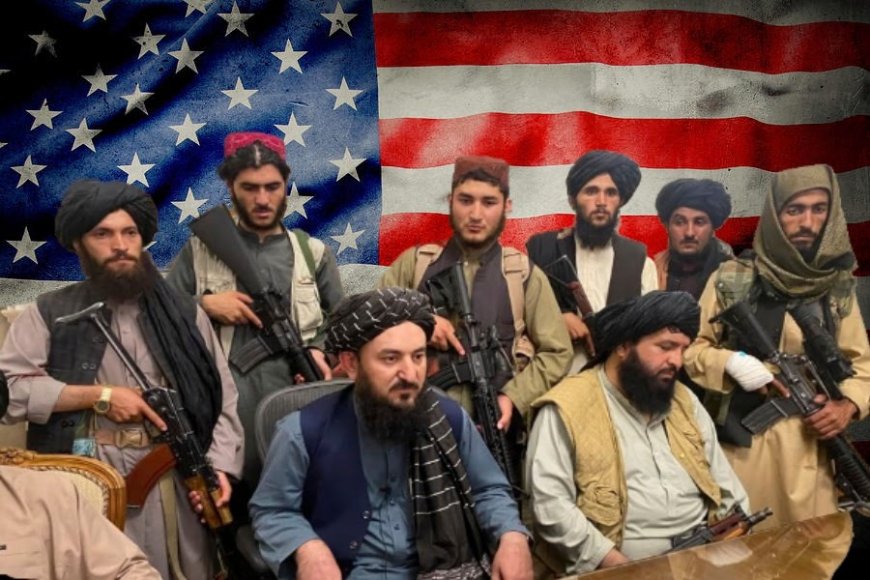The Friends of Afghanistan Summit in NYC: A New Era for Afghanistan?

By: A. Yeganeh
In the coming days, New York City will host the annual summit of United Nations member states. This event, held each year in the final days of September, is of significant importance, as it provides a platform for nations to voice their perspectives on critical international issues. The 79th session of the UN General Assembly, which has already commenced, will also feature the presence of the newly-elected President of Iran, Dr. Pezeshkian.
According to reports preceding the summit, a four-party meeting involving Pakistan, China, Russia and Iran will be held in New York to discuss the situation in Afghanistan-- marking the fourth in a series of “Friends of Afghanistan” summit-- primarily to address the challenges facing Afghanistan and explore viable solutions.
One of the key concerns for Afghanistan’s neighboring countries following the Taliban's return to power has been the rise of extremism along their shared borders. Especially after the collapse of ISIS, fears grew that the Taliban could establish a second extremist regime in the region. However, despite these concerns, the Taliban has through a new style of governance, managed to ease the anxieties of neighboring states. The upcoming meeting in New York is hoped to provide a crucial opportunity to assess the Taliban's rule in recent years. Through discussions on common challenges this summit can pave the way for more cooperation with the Taliban aimed at addressing these shared issues.
In recent months, Afghanistan has witnessed several major terrorist incidents-- with the threat of ISIS expansion remaining a pressing concern. The Eastern bloc nations, particularly those sharing borders with Afghanistan, are deeply worried about the infiltration of ISIS along these boundaries. One of the central agenda items at the New York summit will be the Taliban’s effectiveness in combating this threat. Supporting and backing the Taliban in its efforts to neutralize the extremist ideology of ISIS is a priority for all involved parties. Through the collective support of Afghanistan’s neighbors it is possible to prevent the further growth of ISIS cells within the war-ravaged country.
In recent weeks, the United States and European nations have ramped up media campaigns and coordinated efforts to exert pressure on the Taliban, largely in an attempt to extract concessions. The Afghan government, however, has taken principled stances on key issues, including its alignment with the Palestinian cause. Yet, certain Arab reactionary regimes and Western powers have sought to pressure the Taliban into shifting its stance. Eastern countries, recognizing the need to support the Taliban against Western influence, have opted to convene the “Friends of Afghanistan” meeting in New York aiming to counterbalance Western actions. By strengthening their ties with the Taliban-- the Eastern bloc seeks to draw Afghanistan further into its orbit protecting the country from the West’s hegemony.
In conclusion, the Eastern bloc countries particularly in light of the rising tensions in Middle East find it essential to coordinate on these pressing issues. The multilateral meetings taking place in New York offer an ideal venue for such consultations given the wide-reaching access Eastern nations have to other global actors during the summit as these dialogues will enable them to articulate their positions to the broader international community and engage in necessary negotiations to form a unified strategy. The “Friends of Afghanistan” meeting in particular is an ideal forum where without drawing undue attention from Western powers the participants can outline their shared agenda and strategize on joint actions in response to various regional concerns. For the Taliban too this summit holds great significance, as Afghanistan's neighbors are well-positioned to meet its critical needs. In return, the Taliban keen to align itself with Eastern powers will be prepared to heed their directives in any future missions or potential conflicts--thus solidifying its role within the Eastern bloc.













































